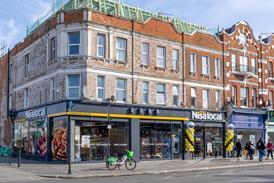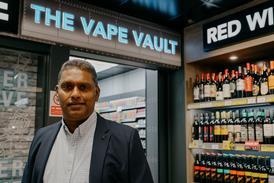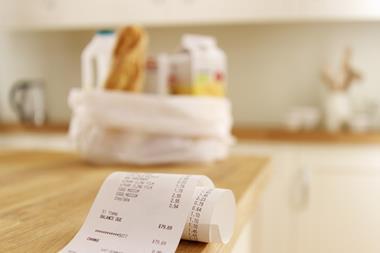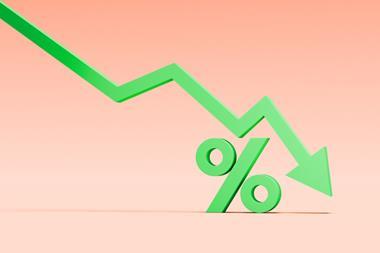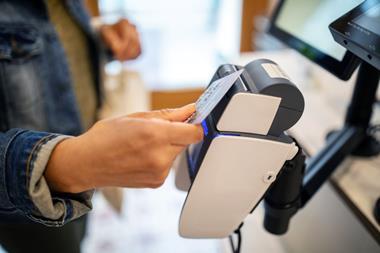- More from navigation items
- Home
- Advice
- Your Business
- Your Stories
- Products
- Stores
- Awards
- Category Management
 Cereals: quality staples drive momentum in the breakfast aisleThis content is provided by Weetabix
Cereals: quality staples drive momentum in the breakfast aisleThis content is provided by Weetabix No- and low-alcohol: drive sales and profits in beer's fastest growing segmentThis content is provided by Asahi
No- and low-alcohol: drive sales and profits in beer's fastest growing segmentThis content is provided by Asahi Soft drinks: driving sales this winterPaid for and in partnership with Coca-Cola Europacific Partners
Soft drinks: driving sales this winterPaid for and in partnership with Coca-Cola Europacific Partners
Food prices hit four-year high after 2.2% rise
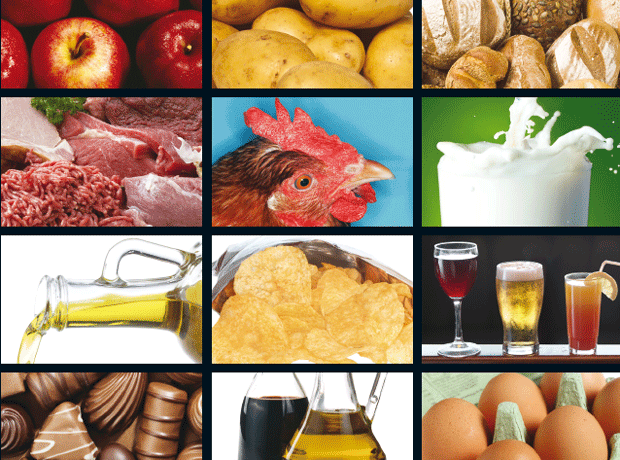
Food prices hit an almost four-year high last month, the latest British Retail Consortium (BRC)-Nielsen Shop Price Index shows.
ALREADY HAVE A REGISTERED USER ACCOUNT? PLEASE LOG IN HERE
To read the full story join the ConvenienceStore.co.uk community today!
Registration is quick and easy and provides access to:
- Unlimited ConvenienceStore.co.uk articles
- Our great range of newsletters
- Content you’ve saved for later via the ‘my library’ feature
And much more…





![Muller_Bliss_Whipped_Elevated_Lemon_Meringue_Pie_FF[87]](https://d2dyh47stel7w4.cloudfront.net/Pictures/274x183/2/2/2/352222_muller_bliss_whipped_elevated_lemon_meringue_pie_ff87_462652_crop.jpg)

